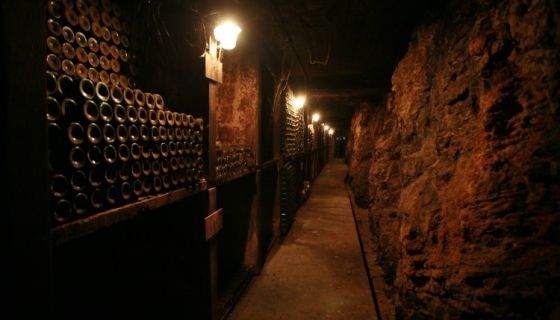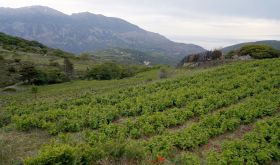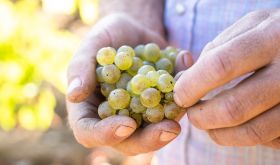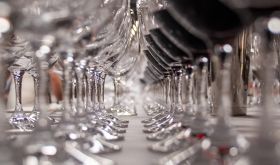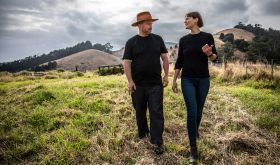From $20.39, 3,999 Icelandic kronur, 119 Polish zloty, £25.49, HK$283, €40.02, SG$84
This is not only my WoW, but my WoY. When I tasted the 1998 vintage earlier this month, it was the perfect antidote to 2020 – a wine that is improbable yet acclaimed; controversial yet authentic; bonkers yet brilliant. Of all the wines I have been fortunate enough to taste this year, Chateau Musar 1998 was, pound for pound, the best.
Many wine lovers will already know Chateau Musar, such is its notoriety. My first encounter with it was as a Greenshirt in my days in Majestic Wine, when we relished warning potential buyers of its bizarre, esoteric style (a sales tactic that never failed). Years later, the day I found that I passed the MW, I drank the 1999 vintage (spoiler alert: I liked it).
A lengthy discussion on our forum reveals many devotees of the wine, with suitably contrary suggestions regarding ageability and decanting. The 2003 is described as 'a crazy mix of Rhône, Tuscany (definitely some sweet Sangiovese notes in there) and Bordeaux all in one' while the 2004 has 'impressively rich spiced cherry and exotic meaty and herbal notes, that is at the same time paradoxically light, open and transparent in the glass and on the palate.'
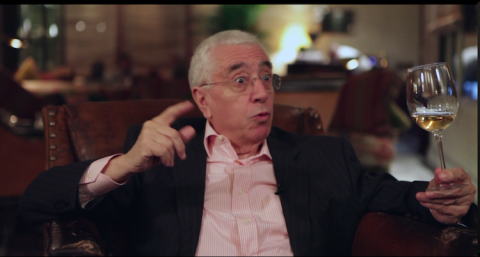
If that wasn't enough, there's another very good reason to drink Musar right now: the recently released documentary Wine and War. I've never visited the Bekaa Valley, nor did I ever meet Serge Hochar (as screengrabbed above, in full flow) – but this absorbing and understated film is the next-best thing.
It is indeed the perfect accompaniment for a bottle of Musar of any vintage, as it covers the history of wine in Lebanon, featuring not only extensive interviews with Hochar and his colleagues, but several other local luminaries too (including a bibulous monk telling tall stories). A key element is the 1975–1990 civil war, and how winemaking persisted against the most extreme odds. Musar drinkers may have heard versions of these stories before, but there is nothing quite like hearing the eyewitness accounts, especially when accompanied by extraordinary archive footage.
We love wine for all sorts of reasons, and Chateau Musar reminds us that scores are of nominal worth compared with the rich cultural and experiential values that wine can offer. The 1998 that I tasted had everything that I love: that strange savoury soup which is unique to wine – especially when mature – combining earth and vegetation as if the very tissue of the vineyard has been transubstantiated into your glass. Among these scents lurks the influence of Brettanomyces and acetic acid – off-putting for some, but as compelling as ripe cheese or well-cooked offal when the balance is right. Plus there is tart blackcurrant, sweet cherry, bitter chocolate and fragrant aniseed providing a youthful foil to its musty glassmates.
Beyond the flavour, the bottle took me back through time, stirring memories of my own history in the world of wine as well as bearing liquid testament to the shrapnel-flecked history of the land where wine first evolved.
The newly released 2013 got a glowing review from Tam; while no fewer than 16 vintages were recently reviewed in 50 years of Chateau Musar, achieving the praise more usually associated with top-shelf bordeaux. For me, the magic came from 1998, but whichever vintage you can find will, I am quite certain, provide a memorable experience.
Find this wine – Wine-Searcher offers more than 1,500 listings covering 49 vintages worldwide.

